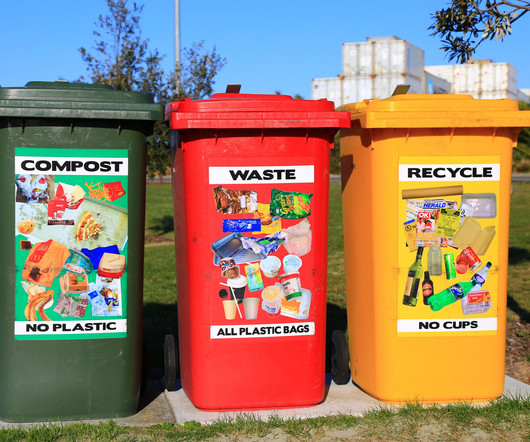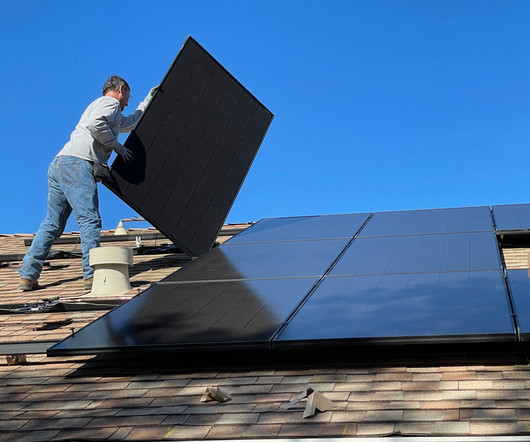The Environmental And Economic Costs Of Curbside Recycling
The Horizons Tracker
OCTOBER 24, 2023
Recycling offers a comparable or even superior return on investment to strategies like transitioning to electric vehicles or purchasing green power, which utilizes renewable energy sources. In 2011, during the most lucrative period for recycling markets, the annual cost per household in the United States was as low as $3.













Let's personalize your content